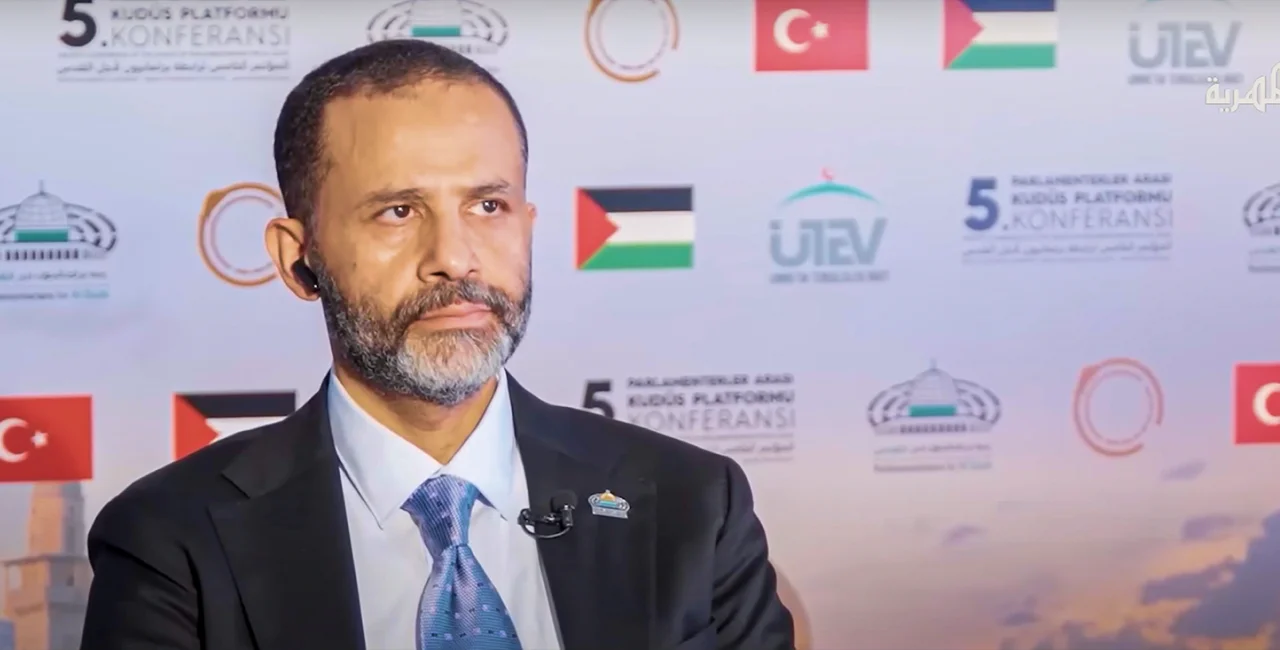A Yemeni businessman accused by U.S. authorities of financing Hamas has ties to a Czech-based company and owns a lavish villa near the spa town of Teplice (Ústí nad Labem), raising concerns among intelligence agencies in Europe.
Who is the Hamas treasurer?
Hamid Abdullah Hussein al-Ahmar, a former politician in Yemen now in exile in Turkey, was added to the U.S. Treasury’s sanctions list in October for allegedly providing financial and material support to Hamas, which the U.S. and EU classify as a terrorist group.
The U.S. Treasury’s Office of Foreign Assets Control described al-Ahmar as “one of Hamas’s most prominent international supporters,” claiming he helped manage a secret Hamas investment portfolio worth over USD 500 million (around CZK 11 billion), which funded the group’s operations and allowed its leaders to live luxuriously abroad.
Al-Ahmar, former secretary general of Yemen’s Islah party and son of influential tribal leader Abdullah bin Hussein al-Ahmar, fled the country in 2014 after a rebellion takeover.
What does he do in Prague?
Al-Ahmar’s activities extend into Central Europe. As reported by Czech media outlet iDnes, he is listed as the majority owner of Saba, Trade & Investment s.r.o., a Prague-based company that has not filed any financial statements since its establishment in 2014—despite legal requirements to do so.
The company is headquartered in a residential property in Prague’s Kyje district, owned by al-Ahmar’s lawyer, Abdulbasset Shugaa, who also holds a minor 5 percent stake.
In addition to the business presence, al-Ahmar owns a sizeable villa with a manicured garden, swimming pool, and underground garages in the village of Drahkov (Pilsen). Local officials and neighbors say they were unaware of his identity or connection to Hamas.
Shugaa told Czech media in the past week that the company has not been operating since its inception, adding that he had not seen Hussein Al-Ahmar in person for more than a decade.
The Czech Security Information Service confirmed it is monitoring individuals and organizations that may pose a security threat, but declined to comment on specific cases.
Al-Ahmar's inclusion on the U.S. sanctions list highlights how Hamas has utilized international business and charitable fronts to channel funding, sometimes through seemingly inactive entities in unsuspecting locations.












 Reading time: 2 minutes
Reading time: 2 minutes 


























